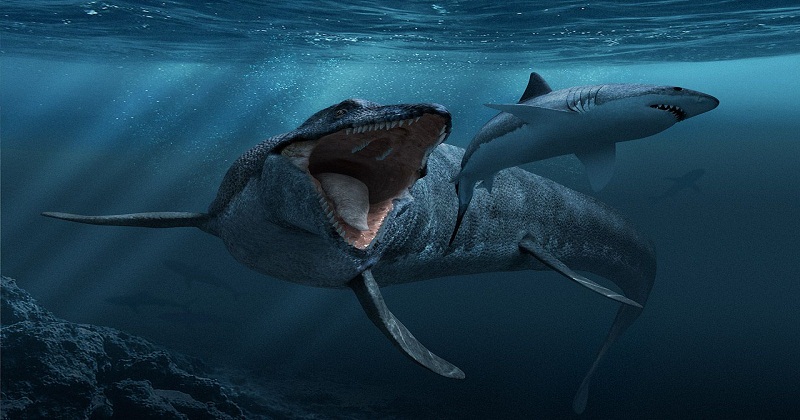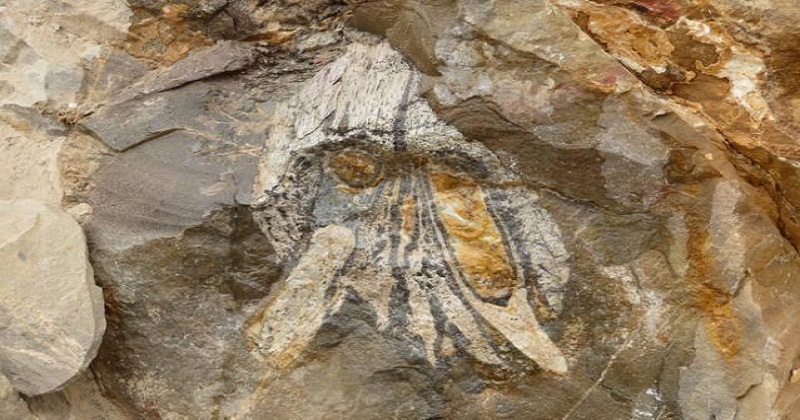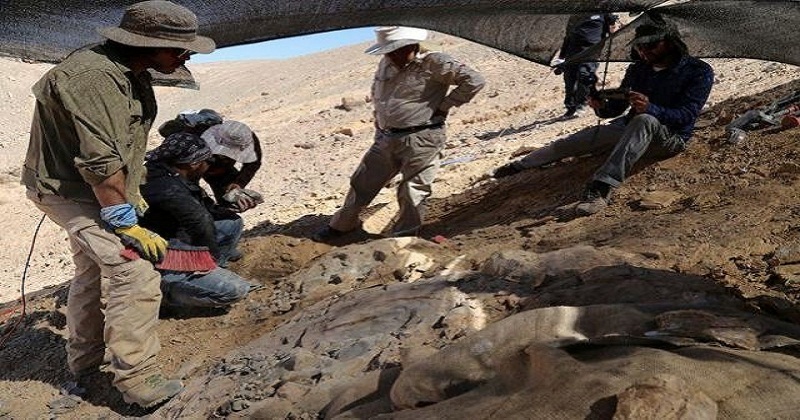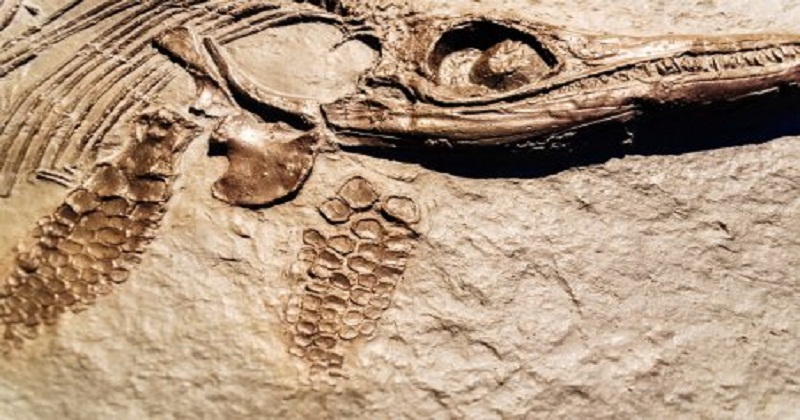
Chile:- A view of the fossil remains of one of the largest and most formidable marine predators of the Jurassic period. Scientists have unearthed the remains of Jurassic Sea predators resembling killer whales in the world’s driest desert, Chile. Chile’s vast Atacama Desert was once largely submerged under the Pacific Ocean, is now a moonscape of sand and stone, parts of which have been untouched by rain for years. The pliosaurs have ruled the area, with their large skulls, elongated faces, short necks, menacing teeth on a hydrodynamic body, and fin-shaped limbs.

Scientists have found fragments of the jaws, teeth, and limbs of creatures to killer whales at two sites in the Loa River Basin. The complete fossil, which has been excavated since 2017, will likely measure six to seven meters (19.7 to 23 feet). The skull is about one meter (3.3 feet) long, with teeth about eight to 10 centimeters (3.1 to 3.9 inches) long. Pliosaurs were reptiles around 160 million years ago with a stronger bite than Tyrannosaurus rex, according to researchers at the University of Chile. Fossils are the second oldest record of this species in the southern hemisphere.



Post Your Comments